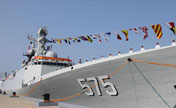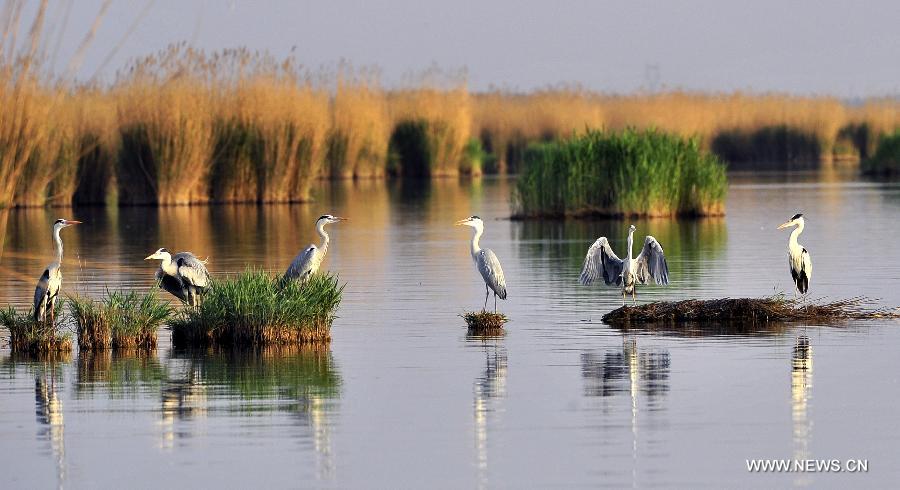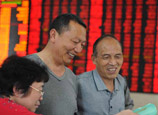
He stressed that developed countries had a major responsibility on global climate change. A great part of green house gases that they emitted during their process of industrialization still exist in the atmosphere, which consequence is burdening developing countries, who are facing challenges of developing economy, erasing poverty and improving people's life at the same time.
"The developed countries' emission space has been used up by their historically accumulated emission. They now have to undertake ambitious, legally binding and economy-wide quantified emission reduction commitments. Developing countries' mitigation actions in the context of sustainable development should be consistent with their national circumstances and supported and enabled by adequate finance, technology and capacity building support from developed countries. This is what the principle of 'equity' and 'common but differentiated responsibility' is about," said Su Wei.
He said that China believes the dichotomy between developed and developing countries is the very foundation of the convention regime, thus should be insisted in the new agreement, which should cover all the key elements of mitigation, adaption, finance, technology development and transfer and capacity building.
Su Wei urged developed countries to continue undertaking their obligations under the Convention of providing finance and technology support for developing countries after the new agreement comes into effect in 2020, and to continue its own efforts of emission reduction at the same time.


















 Brazilian self-defense martial art gains popularity in Beijing
Brazilian self-defense martial art gains popularity in Beijing


![]()
